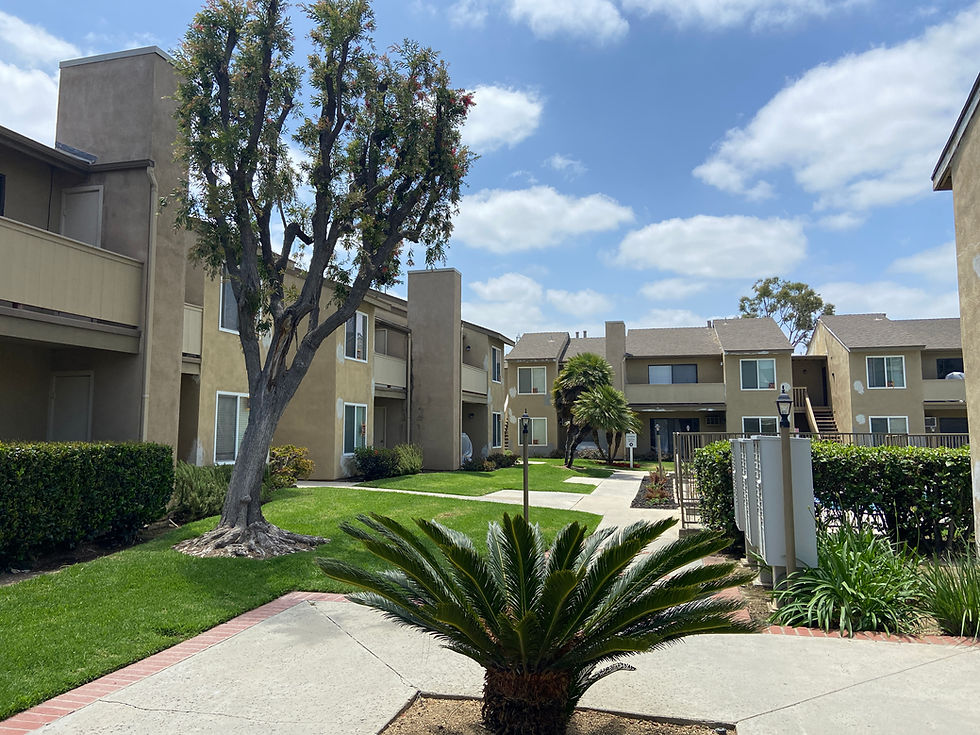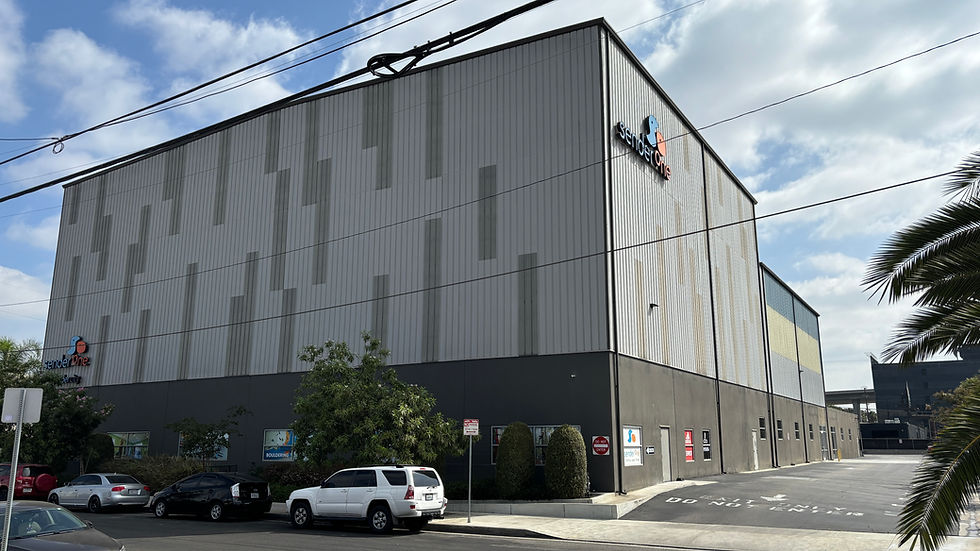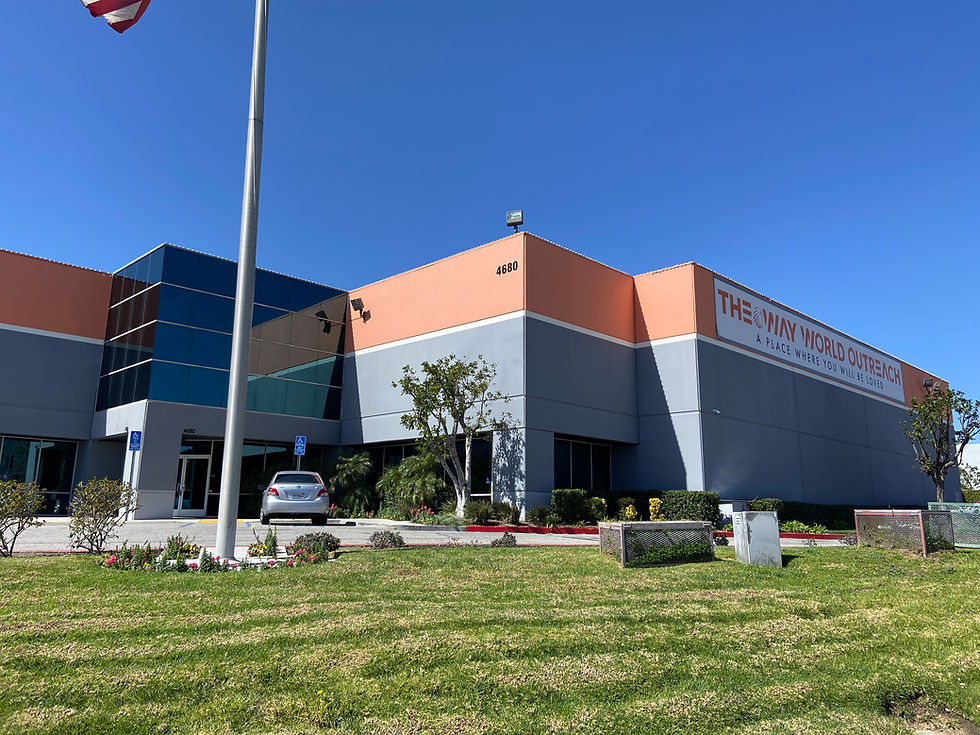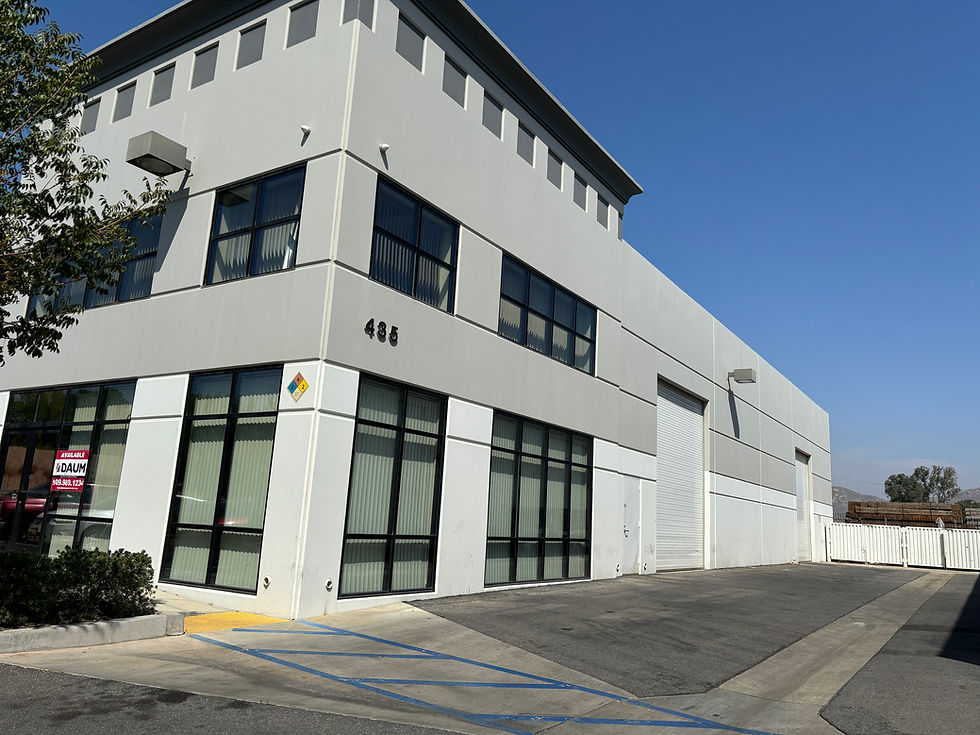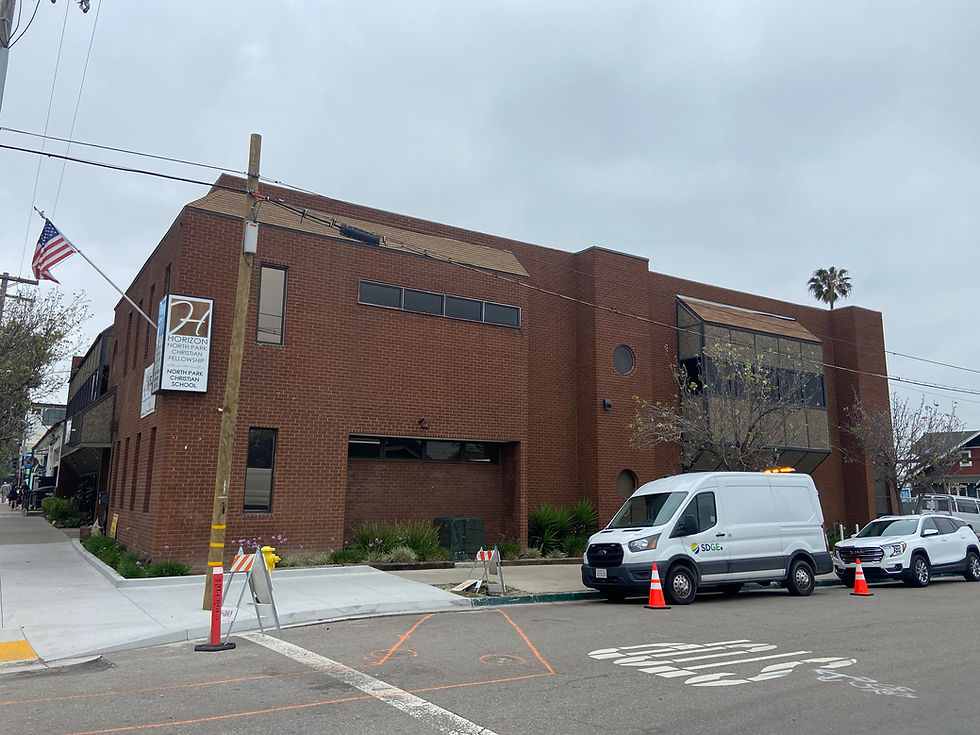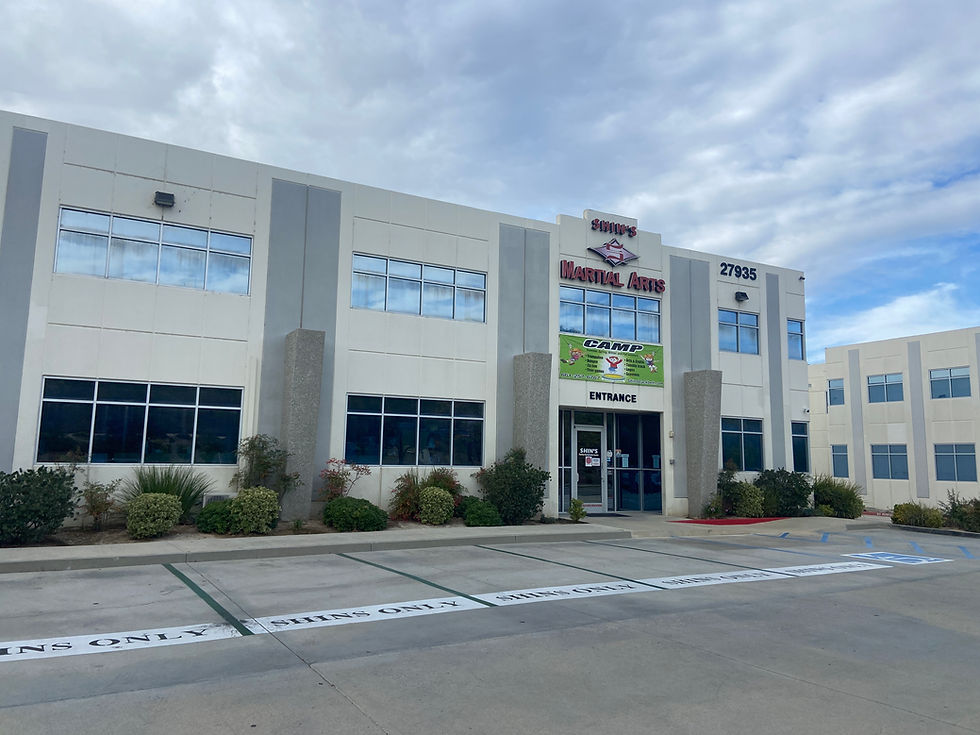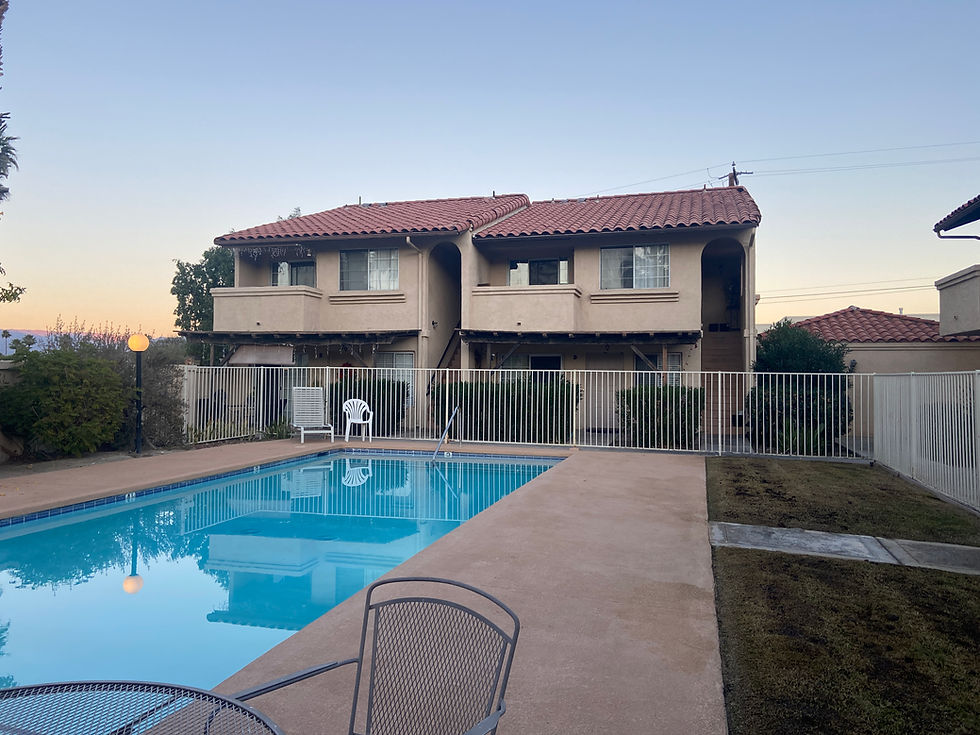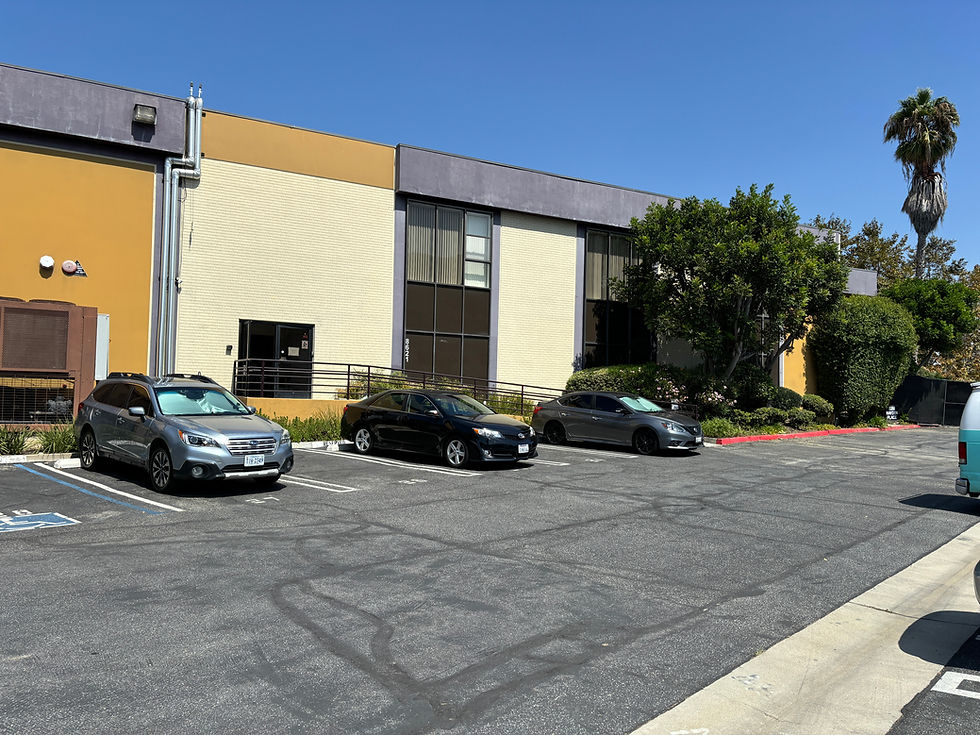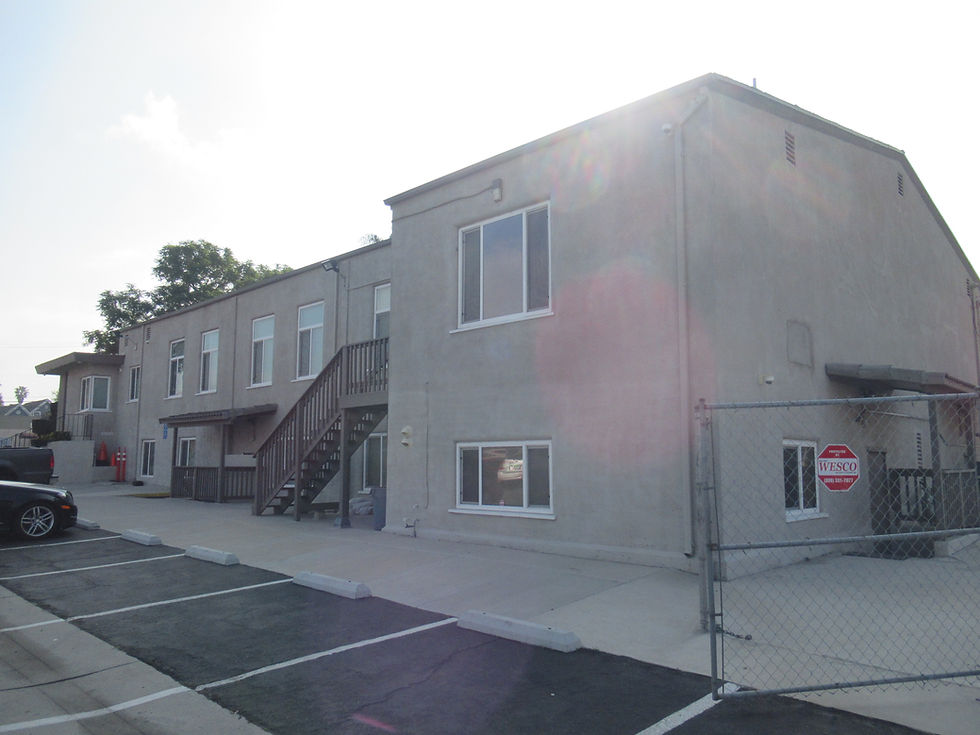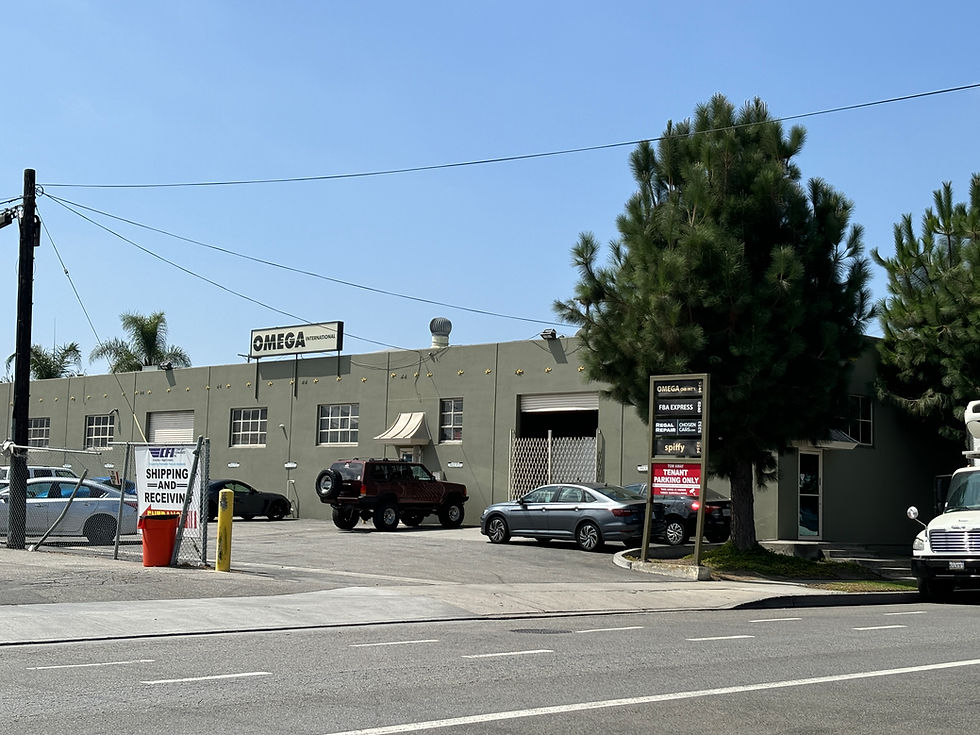
CostSeg Land Appraisals
Accurate, IRS-Compliant Land Valuations for Cost Segregation Purposes Across California
Welcome to CostSeg Land Appraisals, specializing in land appraisals for cost segregation studies.
With over 30 years of appraisal expertise in California’s commercial real estate market, we provide precise, detailed land appraisals with robust documentation for your cost seg study use. Our team strives to deliver your appraisal quickly with excellent communication during the process.
For a tailored estimate of both the timeline and fees specific to your property, please request a quote using the form below. We service all of California and look forward to exceeding your expectations.



Land is non-depreciable, and its value must be accurately determined before allocating the remaining purchase price to depreciable assets. An accurate land appraisal ensures compliance with IRS guidelines in your cost segregation study and maximizes allowable tax benefits.
Cost segregation engineers specialize in identifying and allocating building components for depreciation. We focus exclusively on establishing the land's fair market value as required by the IRS.
By law, cost segregation companies or CPA’s cannot legally (or practically) determine the land value for the client. The responsibility of determining the land value falls on the client, who must provide a reliable valuation method to the cost segregation company. This is explicitly outlined in IRS guidelines and best practices for cost segregation studies.
The IRS recognizes two methods for establishing land value:
A fair market value determined through a professional appraisal (the most robust and audit-proof option).
A pro rata allocation based on local assessor data (acceptable for smaller properties like single-family homes, however, less precise and more likely to be challenged by the IRS in an audit).
While both methods are acceptable, The IRS Cost Segregation Audit Technique Guide (ATG) of June 1, 2022, states that the IRS agent should “request a copy of the appraisal that supports the fair market value of the land”. In cost segregation studies the golden ticket is typically a supporting appraisal of the land.
County assessor data is based on mass appraisal techniques, which apply standardized formulas across numerous properties. While this ensures efficiency and uniformity for tax purposes, it often fails to reflect the specific market nuances of individual properties. One significant limitation is that assessor’s mass appraisals do not typically account for critical factors like entitlements, highest and best use, site utility or specific locational factors.
Entitlements are government approvals for land development, including zoning changes, construction permits, and utility extensions. These approvals significantly impact the value of land, especially in California, where entitled properties often command much higher market values due to their development potential. For example, entitled land may be suitable for more intensive or profitable uses, while unentitled land does not carry the same opportunities.
Since county assessor valuations do not typically differentiate between entitled and unentitled properties, this can lead to overestimated values for unentitled land. This is especially problematic in cost segregation studies, where the IRS requires accurate land valuations to allocate the purchase price properly between land and building improvements.
Bank appraisals usually provide an overall property valuation including the building and land and rarely break out land value separately. Our specialized appraisal focuses on determining the underlying land value as if vacant and according to its highest and best use, as of the date of transfer, meeting the specific needs of cost segregation studies.
A qualified appraisal is one conducted by a state-licensed certified general appraiser who follows appropriate valuation practices and procedures. The appraisal must reflect the fair market value of the land based on its highest and best use.
The IRS mandates that, for cost segregation studies, the land value must be determined first, as land is non-depreciable. This initial valuation is crucial for accurately allocating the remaining purchase price to depreciable assets. The IRS's Cost Segregation Audit Techniques Guide emphasizes that "land included in the purchase price is valued first."
Attempting to estimate land value by subtracting the building's estimated value from the total purchase price is inappropriate. Instead, the correct approach is to determine the land's value independently, ensuring compliance with IRS standards and accurate depreciation calculations.
We determine the value of the land separate from the building by appraising the property as if it were vacant, and according to its highest and best use consistent with USPAP's guidance. This involves considering factors such as zoning, location, and any existing entitlements. We also account for unique property characteristics, such as easements, topography, access issues, or other physical or legal constraints.
Our firm has over 30 years of experience in the commercial appraisal market across greater California, providing valuations that meet and exceed IRS guidelines. Our appraisals are conducted by state-certified general appraisers, the highest level of licensing for commercial real estate, and we stand by our work. Should an audit arise, we are prepared to provide expert testimony to defend our land valuation. In practice, the IRS rarely challenges land values that are supported by a qualified appraisal because they align with the agency’s preferred methods outlined in the Cost Segregation Audit Techniques Guide.
In most cases, our commercial land appraisals are completed within approximately two weeks. For a tailored estimate of both the timeline and fees specific to your property, please request a detailed quote using the form below. We typically respond with a detailed quote in under 48 hours.
We have over 30 years of experience performing commercial appraisals on all types of properties. Our commercial appraisal services include self-contained, summary, and restricted reports tailored for a variety of purposes such as sales, construction loans, permanent financing, asset monitoring, estate planning, and division of interests. Use the quote form below or give us a call for more information.
Cost Segregation & Land Valuation FAQs
Sample of Previously Appraised Properties
To play, press and hold the enter key. To stop, release the enter key.
